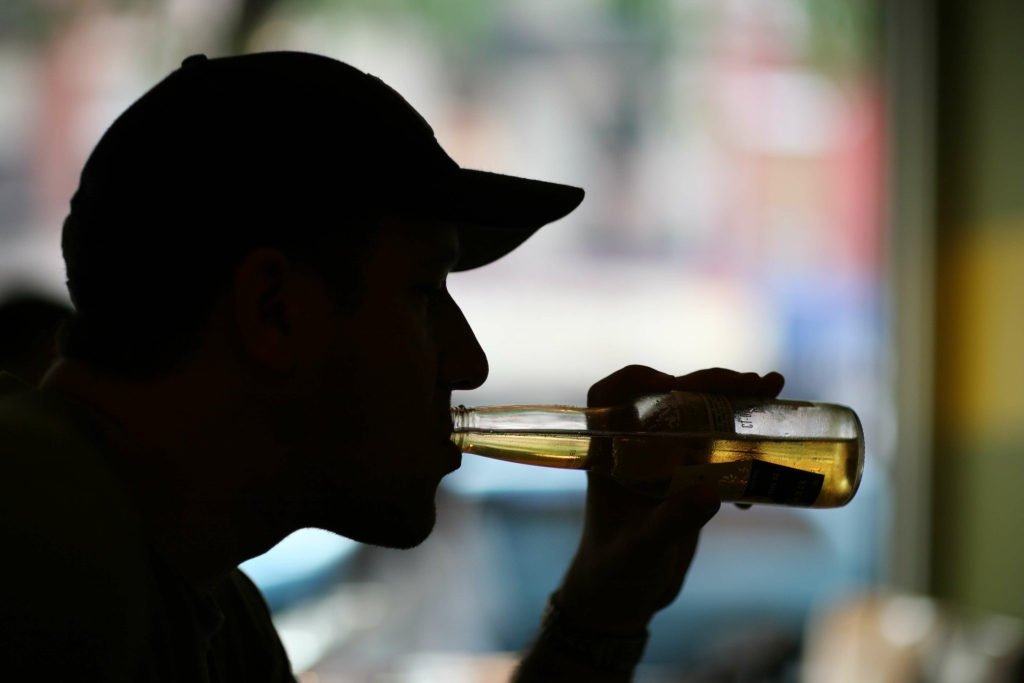Excessive drinking or drug use can cause a narcissist to spiral into destructive behavior, thus attracting attention and care from others. Drugs and alcohol can make them feel better about themselves or more control their perceived negative attributes by lifting their untreated depression and anxiety. If alcohol use is stopped, someone who has been misusing alcohol and is dependent on it will experience withdrawal symptoms. The severity of alcohol withdrawal symptoms depends on the person’s drinking history and how much alcohol they have been drinking. People who drink heavily for a long time are more likely to experience severe withdrawal symptoms. Alcohol withdrawal symptoms can be managed with medication and supportive care.
Many people begin as social or occasional drinkers, especially in high school or college. While not everyone who drinks socially will abuse alcohol, those who binge drink are at a higher risk. Binge drinking is defined as consuming four or more drinks for women and five or more drinks for men in about two hours. Rashes, flushing, redness, and itching are some of the most common reactions.
Alcohol Abuse and Bowel Movements
You can choose a solution yourself or work with our experienced and caring staff for a recommendation that best suits your treatment needs. Addiction Resource aims to provide only the most current, accurate information in regards to addiction and addiction treatment, which means we only reference the most credible sources available. Individuals with a NPD feel they can only be understood by special people. They take advantage of others, especially to accomplish their own goals. These individuals have a lack of concern for the well-being of others or how others may be affected by their actions. These individuals will debate, argue, distract, or back you into a corner, due to the way alcohol affects them.
People who detox from alcohol should avoid drinking alcohol again, as this can worsen the withdrawal process. If you or someone you know is struggling with alcohol abuse, please seek help from a qualified healthcare professional. Narcissistic personality disorder is just one of several personality disorders that can be dually diagnosed with alcoholism. However, there is some evidence that having narcissistic personality disorder can make you more vulnerable to alcohol abuse. A mental health professional can talk through the symptoms of a narcissistic personality disorder and rule out other behavioral disorders. They may ask the person to fill out a questionnaire about their behaviors.
How do Narcissists Act When They Drink?
If your partner’s conditions worsen, prioritize yourself and any loved ones involved. If you think your partner’s behavior and tendencies have changed suddenly, you can learn about their conditions to understand their struggles and behaviors. Educating yourself can https://ecosoberhouse.com/ help you develop strategies to cope with the challenges you may encounter and provide you with insights on how to approach difficult situations. Coping with an alcoholic narcissist can be challenging, and setting clear boundaries to protect yourself is important.
- Someone who has a diagnosis of Narcissistic Personality Disorder (NPD) experiences grandiose, arrogant behavior patterns that are coupled with a lack of empathy and need to be admired.
- Both narcissistic personality disorder and alcoholism are treatable conditions, but getting an alcoholic narcissist to accept help is notoriously difficult.
- Relapse is a common experience among people who are recovering from AUD.
Alcohol withdrawal can be dangerous, so it’s important to seek medical help. If you answered “yes” to most of the questions above, speaking with a therapist might be a good idea. Regardless, it’s always a good idea to look for mental health help if you’re experiencing something that causes you distress.
Narcissistic Personality Disorder
For example, if someone is demeaning others, pointing that behavior out explicitly does a lot more than just calling them a narcissist, regardless of whether they truly have narcissistic personality traits. While not all alcoholics are narcissistic, and not all narcissists are alcoholics, there are some similarities between the two conditions. Both alcoholics and narcissists tend to view others as either enablers or potential threats. Alcoholics may see others as people who can help them get attention or maintain their addiction, while narcissists may view others as people who can either boost or damage their self-esteem. In the pursuit of lasting recovery from drug and alcohol addiction, an increasing emphasis is being placed on holistic approaches that cultivate mental, emotional, and spiritual well-being. They fail to keep promises, fulfill obligations, or pay attention to what other people need.

This can make it difficult to have honest and open communication, as they may become defensive or aggressive when confronted with their behavior. Knowing the signs and symptoms of each condition can help you identify which one is at play. Discover the connection between alcohol and memory loss for a better understanding. If you feel that any of our content is inaccurate, out-of-date, or otherwise questionable, please contact at Let Little Creek Recovery Center guide you down the right path to recovery, personal growth, and long-term sobriety. Heavy alcohol use often goes hand-in-hand with a range of psychological issues.
Understanding the relationship between alcohol abuse and narcissistic behaviors is crucial in addressing the complex interplay between the two. People who display addictive behaviors in addition to narcissistic traits may require narcissism and alcoholism a substance abuse treatment program that is equipped to treat co-occurring disorders. While narcissism is a personality disorder and alcoholism is an addiction, narcissists and alcoholics share several characteristics.

Coping with someone with a dual diagnosis can be more difficult than if that person suffered from only narcissism or untreated alcoholism. Risk factors for NPD include having difficult relationships with parents or caregivers during a person’s developmental years that may include excessive praise or criticism. Alcoholism, or alcohol use disorder (AUD), is an addictive disorder where people cannot control or stop their use of alcohol. People with AUD may be unable to reduce or stop drinking despite experiencing the negative effects of alcohol or a desire to quit.
Autism and Alcoholism
This may mean limiting your exposure to their behavior or seeking support from friends and family. Being in a relationship with an alcoholic narcissist can be challenging and emotionally draining. Their self-absorbed behavior can make it difficult for them to truly connect with others, leading to superficial relationships that lack depth and meaning.
- These vulnerabilities may contribute to the development of both conditions or make individuals more susceptible to their co-occurrence.
- In summary, whether alcohol is to blame or not, having a person with narcissistic traits in your life can be exhausting and upsetting.
- Stimulants are another people with narcissistic personality disorder commonly use.
Similarly, many people who misuse alcohol might display very few signs of narcissism. The combination of a self-obsessed narcissist who never considers your feeling and an alcoholic who blames their need to drink on you can quickly destroy the strongest bond. Similarly, people displaying narcissistic tendencies are more vulnerable to alcoholism because of the reasons explored earlier. The National Institute of Mental Health asserts that 22.6% of people suffering from a personality disorder may also have substance misuse problems. We can accomplish much more by labeling the behavior rather than the person.
